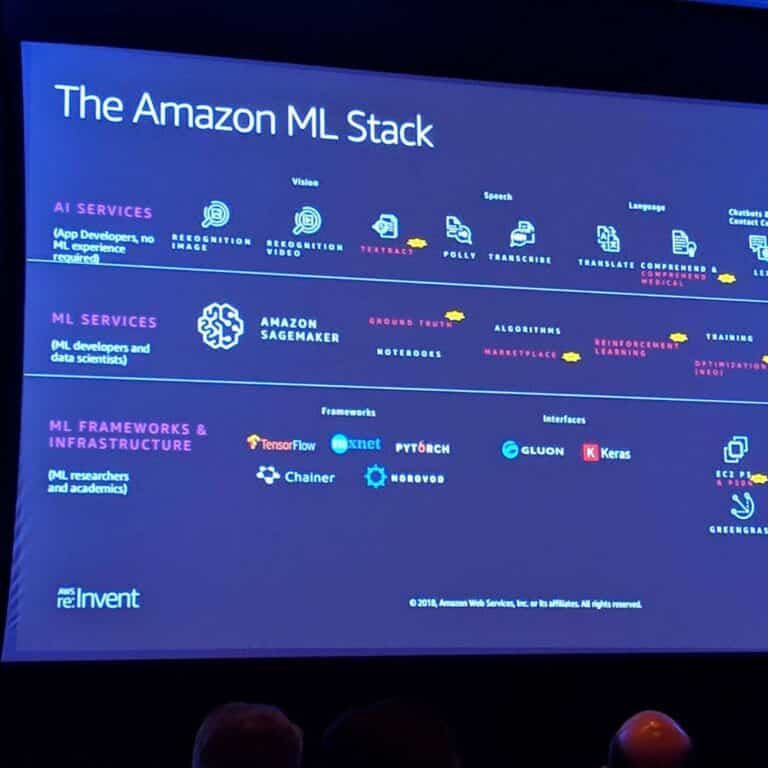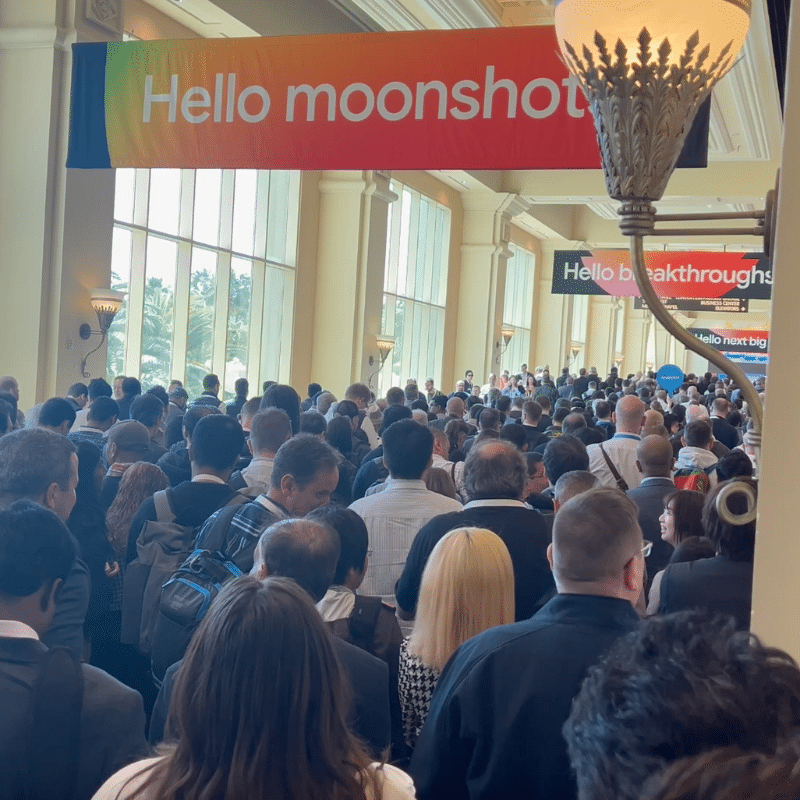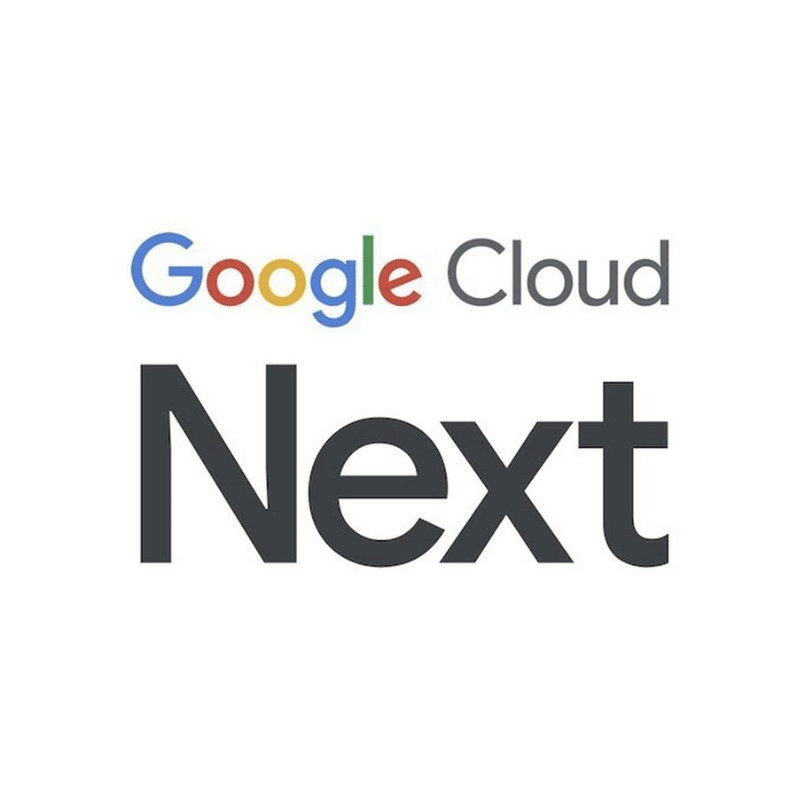A couple of weeks ago I spent the week in Las Vegas at the Amazon Web Services (AWS) re:Invent conference, and we shared a few of my interviews from the event in our AWS re:Invent Series.
I’ll share a bit of the news coming out of the event in this post, but if you’re interested in machine learning and artificial intelligence, and especially in the intersection of ML/AI and cloud computing, I really recommend that you tune into our 2nd Annual re:Invent Roundup Roundtable. The Roundtable is a fun TWIML “tradition” in which myself and a couple of panelists get together at re:Invent to recap the week’s announcements. (Note to self: I really like this format and need to do it more often.)
This year, the Roundtable included veteran participant Dave McCrory (VP of Engineering at Wise.io at GE Digital) and Val Bercovici (CEO of startup Pencil Data). Dave, Val, and I cover all of the interesting AI news and highlights from this year’s conference.
Here are a bunch of the main machine learning and artificial intelligence announcements made by AWS around re:Invent:
New Features for Amazon SageMaker: Workflows, Algorithms, and Accreditation.
- In the run-up to re:Invent (aka “pre:Invent”), Amazon announced new automation, orchestration, and collaboration features to make it easier to build, manage, and share machine learning workflows.
SageMaker RL aims to bring reinforcement learning to the masses.
- Newreinforcement learning extensions to SageMaker support 2D & 3D simulation and physics environments as well as OpenAI’s OpenGym. Robotics tools Sumerian, RoboMaker, and ROS are also supported. AWS also announced AWS DeepRacer, a new 1/18th scale autonomous model race car for developers, driven by reinforcement learning.
SageMaker Ground Truth simplifies data labeling.
- The service aims to allow developers to build highly accurate training datasets using machine learning while reducing data labeling costs by up to 70% using active learning.
SageMaker Neo to optimize AI performance at the edge.
- Neo is an open source compiler and runtime targeting edge devices. It provides automatic optimization and will compile deep learning models to run on any edge device at up to 2x the performance & 1/10th the size.
Amazon Textract allows developers to extract text from virtually any document.
Amazon Transcribe now supports real-time transcriptions.
- With the new feature called Streaming Transcription, Amazon Transcribe (speech-to-text service) will be able to create text transcripts from audio in real time.
Amazon Rekognition announces updates to its face detection, analysis, and recognition capabilities.
Amazon launches ML-based platform for healthcare.
- Amazon Comprehend Medical platform allows developers to process unstructured medical text and identify information such as patient diagnosis, treatments, dosages, symptoms and signs, and more.
Amazon announces new ML chip.
NVIDIA AI Software is now available on AWS Marketplace.
- This will simplify access to NVIDIA software on Amazon ECS and Amazon EKS. Six NVIDIA containers will be available on AWS marketplace; including CUDA, MXNet, PyTorch, TensorFlow, TensorRT, and TensorRT Inference Server.
Amazon QuickSight announces ML Insights in preview.
- Amazon announced that it is adding three new features to Amazon QuickSight to provide customers with ML-powered insights beyond visualizations. New features will provide hidden insights, forecasting, and narrative description of the dashboard
Amazon announced new personalization and forecasting services.
- AWS announced a Amazon Personalize and Amazon Forecast. These fully-managed services incorporate Auto-ML features to put ML-powered personalization and forecasting capabilities into the hands of developers with little ML experience.
Amazon SageMaker now comes with a search feature.
AWS introduces dynamic training for DL with Amazon EC2.
Amazon’s ‘Machine Learning University’ is now available to all developers.
As you can see, AWS announced a ton of new ML and AI capabilities this year, making it fun, and challenging, to try to keep up with it all.
In addition to the Roundup, you should also check out my conversation with Jinho Choi of Emory University, discussing key challenges faced with the cloud-based NLP platform and his vision for his group’s ELIT platform, and my conversation with Thorsten Joachims of Cornell University, discussing the inherent and introduced biases in recommender systems, and how inference techniques can be used to make learning algorithms more robust to them.




